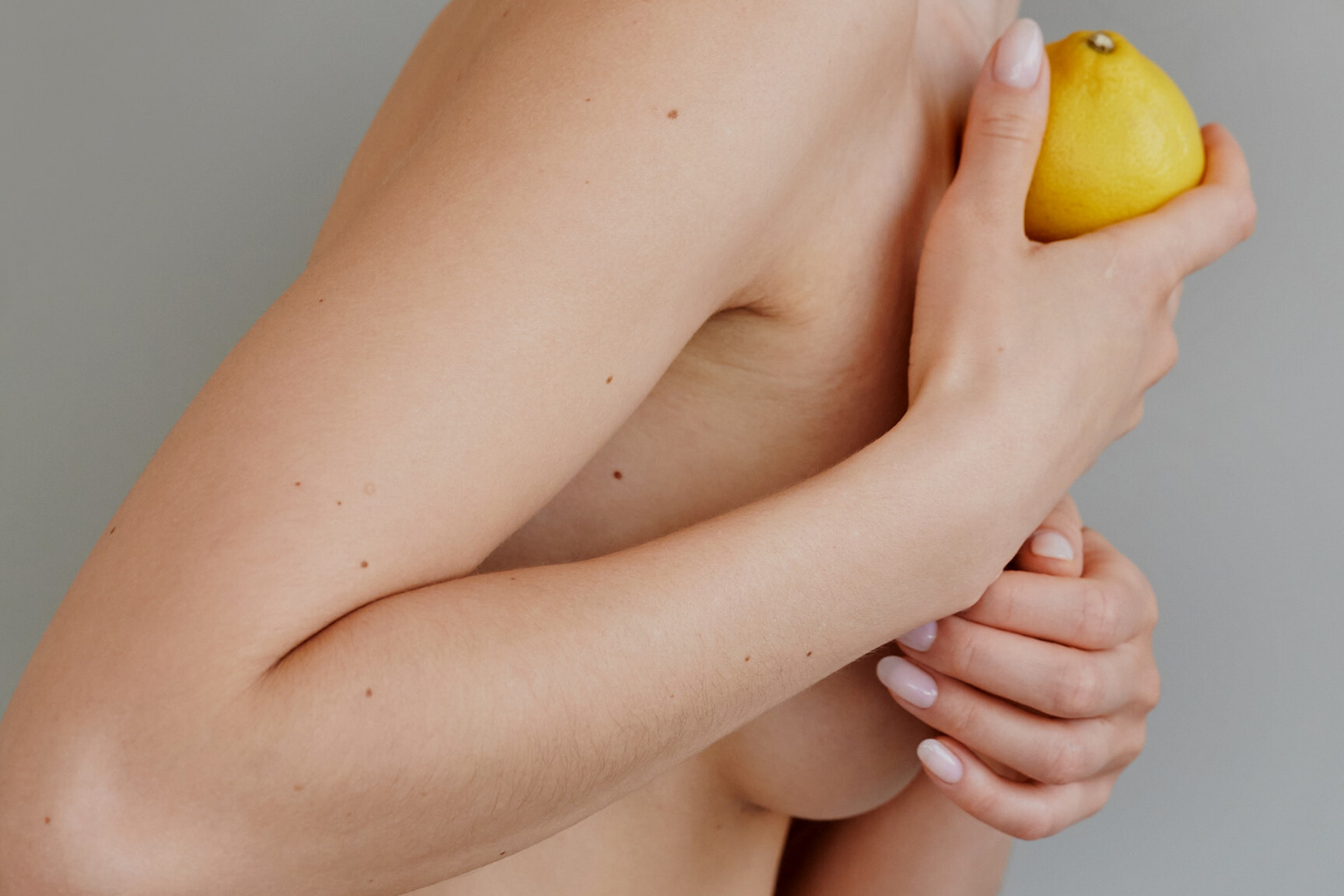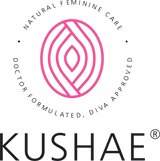This article is for informational purposes only. It is not, nor is it intended to be, a substitute for professional medical advice, diagnosis, or treatment and should never be relied upon for specific medical advice.
Do you love using skin care products but are also concerned about the quality of ingredients used in them?
At Kushae, we are just as mindful as you are about using natural ingredients in cosmetics and skin care products. Today, we will talk about a preservative that is in vogue right now.
Phenoxyethanol – a widely used preservative that has replaced other harmful preservatives like parabens with its wide range of benefits.
However, it's a synthetically produced chemical, and its safety is still questionable. Questions like who should use it or not and what are its safety concerns may still raise eyebrows.
To help you expand your knowledge, we have provided complete details about its benefits, health concerns, and safety.
What is Phenoxyethanol?
Phenoxyethanol is formed due to the reaction between ethylene oxide and phenol. It is an oily & colorless preservative with a rose-like odor. Naturally, it's found in chicory and green tea. The phenoxyethanol that is used in skin care products is produced synthetically.
According to research, phenoxyethanol has antimicrobial properties, keeping your skin safe against mold, yeast, and bacterial growth.
Why is Phenoxyethanol Used in Skin Care Products?
The NIH (National Library of Medicine) states that phenoxyethanol is used in 23.9% of personal care products. Phenoxyethanol is used as preservative in many skincare products, so the products last longer; it is found in products like:
- Sunscreen
- Conditioner
- Foundation
- Eyeliner & Mascara
- Shampoo
- Lip gloss
- Hair color & hair Spray
- Nail polish
- Hand cream
- Shaving cream
- Toothpaste
- Hair removal waxes
- Eye shadow
- Deodorant & fragrance
- Baby soaps & lotions
- Hand sanitizers

What does Phenoxyethanol do?
Stabilizes Products
Phenoxyethanol is one of the most used preservatives because it doesn't react with air or light. Hence, it increases the stability of the products by preventing the separation and breakdown of their ingredients.
It is biodegradable and chemically stable, meaning that it doesn’t change the fragrance of your skin care products. Thanks to its stable pH, it is also useable in various formulas.
Prevents Microbial Growth
You'll be surprised that your skincare products provide a perfect growth environment for microorganisms. These have organic and inorganic substances to support microbial growth.
Phenoxyethanol hinders the growth of yeast & bacteria by disrupting their DNA & RNA synthesis. A study was done on 50 human subjects suffering from inflammatory acne. It was found that twice daily application of phenoxyethanol for six weeks showed a 50 percent improvement in controlling acne.
Products Last Longer
Without preservatives, products deteriorate quickly. Using phenoxyethanol increase the shelf life of cosmetics by restricting microbial growth.
Other preservatives like parabens, glyoxal & polyoxymethylene urea may cause brain, breast & other rare cancers.

Possible Health Concerns
Is phenoxyethanol safe? Phenoxyethanol has some drawbacks, so it's better to have a look at them before incorporating this chemical into your daily skincare routine. These include:
Allergies & Skin Reaction
If you are allergic to this chemical, it can cause rashes on your skin. According to a case report, phenoxyethanol may cause anaphylaxis in rare cases.
*Note that anaphylaxis is a life-threatening allergic reaction with symptoms like low pulse, rash, and shock.
These are some cases that raised questions about the safety of this preservative. However, the intensity of such cases is rare, and most people don't notice any such side effects.
But people with allergies should avoid using it because it may cause severe reactions on allergy-prone skin.
Irritates Eczema
High concentrations of phenoxyethanol can worsen the symptoms of eczema. If any such thing happens, stop using that product immediately, and your skin will start to heal in most cases. Yet, if it doesn't heal within a few days, you should visit your dermatologist as soon as possible.

Who Shouldn’t Use Phenoxyethanol?
- People with skin allergies, pregnant women, and infants should altogether avoid using phenoxyethanol.
- According to FDA, nipple creams made with phenoxyethanol can lead to a depressed nervous system, diarrhea, and loss of appetite in infants.
- Those who have dry skin conditions like eczema should also stay away from phenoxyethanol to avoid any allergic reactions.
- Breastfeeding moms should not apply it on such areas that can be licked or sucked by babies. If you have itching issues, use natural products like The Kushae Protective Skin Balm, which is safe for babies.
- In rare cases, some people are allergic to phenoxyethanol, so they should completely avoid using it. Yet, it is safe for all those who don't have allergies and skin-related issues.
How Does this Ingredient Appear on the Label?
Phenoxyethanol is mentioned on the label with different names. These include:
- PhD
- Aerosol
- Rose ether
- Phenoxytol
- Phenoxetol
- Dowanol
- Phenoxyethyl alcohol
- 2-phenoxyethanol
- 1-hydroxy-2-phenoxymethane
- Beta-hydroxyethyl ether
- Ethylene glycol monophenyl ether
- Euxyl K 400 (a combination of 1,2-dibromo-2,4-dicyanobutane & phenoxyethanol)
So, read the label carefully, and if you spot any of the names mentioned above, it means that phenoxyethanol is used in that product.
Is Phenoxyethanol Safe?
While phenoxyethanol is safe to use for the majority of people when used in concentrations of 1% or less, only you the consumer can make that desicision by doing thorough research.
At Kushae, we always advocate to go for familiar ingredient lists that are non-toxic, plant-based, and absolutely safe.
Visit our products pages or read our labels to learn more about our clean, non-toxic ingredients.

















